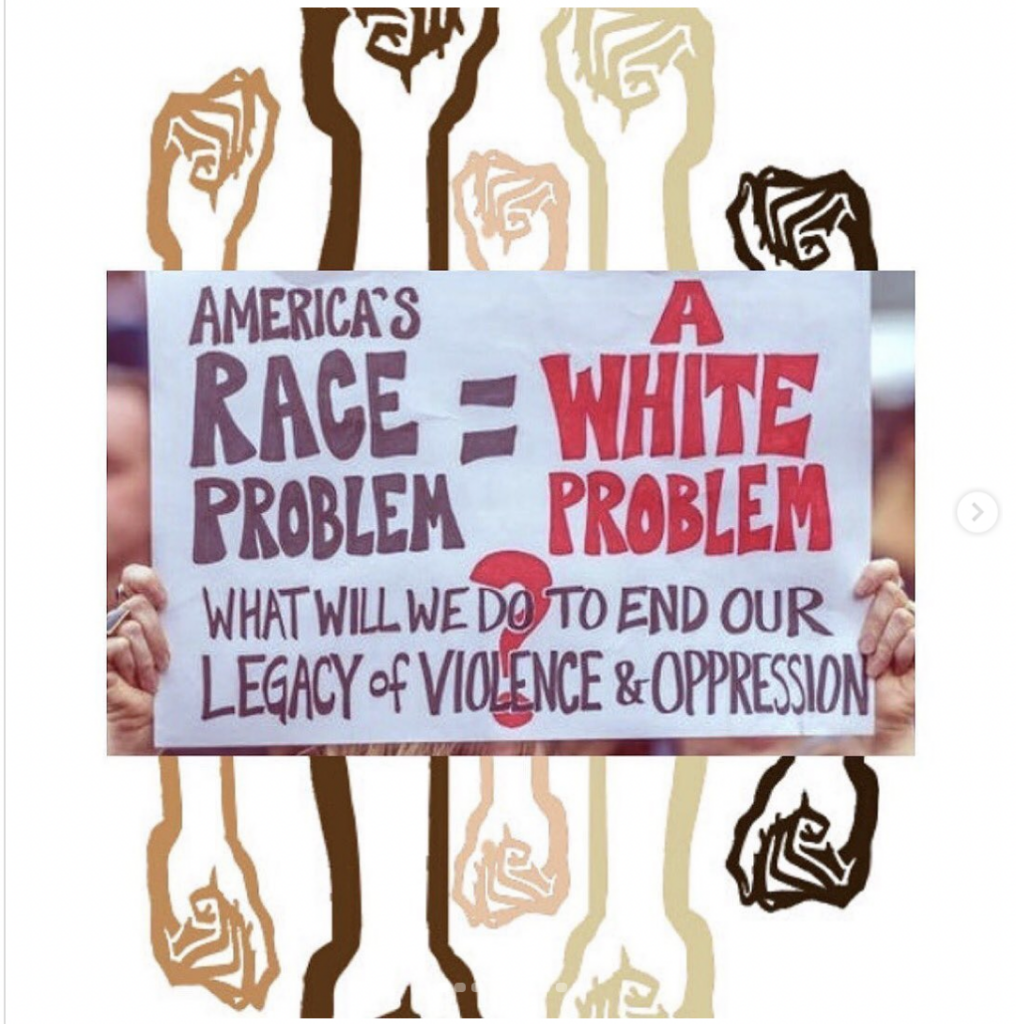Collaboration has always been a powerful tool for progress, and within AAPI (Asian American and Pacific Islander) and BIPOC (Black, Indigenous, and People of Color) communities, it is a driving force for meaningful change. When individuals, organizations, and allies come together, they amplify voices, share resources, and tackle systemic barriers that no one person or group could dismantle alone. Collaboration helps transform challenges into opportunities by fostering networks of support that strengthen community resilience.
Whether through grassroots organizations, cultural programs, or partnerships with institutions, collaboration ensures that AAPI and BIPOC voices are not only heard but also acted upon. Shared efforts can expand access to education, healthcare, and economic opportunities while preserving cultural heritage. When these communities unite, they bring greater visibility to pressing issues—making it harder for them to be ignored by policymakers and the wider public. This creates real momentum for lasting equity and systemic reform.
The benefits of collaboration extend beyond immediate change; they build stronger, interconnected communities that thrive on solidarity. By pooling resources, uplifting one another’s work, and fostering cross-community dialogue, AAPI and BIPOC communities plant the seeds of long-term empowerment. The message is clear: progress doesn’t happen in isolation. Together, we can create a future where barriers are not just broken, but replaced with bridges of equity, representation, and shared success.
Jarrelle (杰遨-Jieao) Barton

